The Curve Theatre in Leicester is putting on three plays this summer to mark the 50th anniversary of the arrival of Ugandan Asian refugees in Britain.
The plays are being written by three people – Chandni Mistry, Ashok Patel and Dilan Raithatha – whose families and friends were caught up in the expulsions in 1972 when Uganda’s president, Idi Amin, gave the country’s 90,000 Asian population 90 days to leave the country.
The plays have yet to be written. The Curve is inviting members of the Ugandan Asian community with tales to tell to get in touch with the writers at “free chai and chat drop-in sessions” in the Belgrave Library on February 22 and 26, and the Rushey Mead Library on March 1.
The message from the Curve said: “We are looking for members of our community to share stories around their experience of the expulsion of Asians from Uganda. Did you arrive in the UK as a result of the exodus? Did someone you know make Leicester their home after being expelled from Uganda? Are you a second or third generation Ugandan Asian? Did you or your family live in Leicester and experience the arrival of Ugandan Asians? We want to hear from everyone with a story to tell.”

When the plays are ready, Finding home – Leicester’s Ugandan Asian story at 50, will be performed from July 29 until August 6.
Mistry, an actress who lives in Leicester and will write a play for children, said: “I’m so excited to have the chance to tell the stories of British Ugandan Asians who, like my family, have made a home in Leicester. These stories aren’t told in schools and so it wasn’t until I was older that I understood what my own grandparents had experienced. I’m really looking forward to creating a new piece of children’s theatre to help younger generations understand and connect with their own family history.”
Patel, a playwright who has a background in biomedical sciences and teaches at Birmingham City University, said: “I am really excited to be one of the writers on this project marking the impact of Ugandan Asians on Leicester 50 years after they were expelled from Uganda. It is the perfect opportunity to reflect on past experiences – some happy and some not – and to learn from the past to help shape the future.”
Raithatha, who was born and bred in Leicester and has been part of a local acting group, commented: “I am thrilled to be a part of Curve’s community play based on the 50th anniversary of the Ugandan expulsion. Throughout my upbringing in the Belgrave area, I was fascinated by the extraordinary stories from my community who experienced the expulsion first hand. I am delighted Curve have chosen to give this community a platform and ensure these stories are never forgotten as well as highlighting the importance they’ve had in the uniqueness, diversity and making of Leicester.”
Finding Home will be directed by Leicester-based Mandeep Glover, who previously trained at Curve as resident assistant director.
He said: “I’m so honoured and proud to be a part of such an amazing project with a theatre that is putting the heart of the Leicester community on stage. I personally believe that theatre spaces should share stories from under-represented groups that are not commonly heard from and this is what Curve is doing.
“This project is incredibly important to me, and I hope to honour the incredible journeys and sacrifices that an entire community had to make after the 90-day order to leave Uganda. We will be celebrating the past 50 years and the impact that the Ugandan Asian community has had in Leicester whilst also remembering the hardships and losses that happened along the way.”
Of the 30,000 refugees admitted to Britain because they qualified as British passport holders, a significant proportion settled in Leicester, even though the city council had taken out ads in the Leicester Mercury warning newcomers it did not have resources to cope with the influx.
Half a century on, Ugandan Asians have proved to be model citizens, helping to transform the economy of Leicester, which was a rundown city in the late 1960s and early 1970s.
Despite fierce opposition from sections of the Conservative Party and parts of the working classes, such as the dockers, the prime minister Edward Heath took a principled stand that Britain had a moral duty to admit refugees who had British passports. He opposed those who argued that Asians were not “kith and kin”.

The fleeing refugees were sometimes assaulted and usually had their suitcases pillaged by Amin’s thuggish soldiers on the way to the airport. On arrival in a cold, wet Britain, vegetarians were welcomed with ham sandwiches by well-meaning social workers.
Many had to live in refugees camps for months on end, with families split up as well.
Fifty years on, first generation survivors, though grateful, remember with a certain degree of nostalgia the sunny paradise they had to leave behind. Their British-born children and grandchildren have in most cases not even visited Uganda for a holiday. But the stories of life in Uganda have passed down the generations.
The Curve’s experiment was explained in a joint statement by the theatre’s chief executive Chris Stafford and artistic director Nikolai Foster: “The story of the Ugandan South Asian exodus to Leicester is one that begins with trauma for so many. However, 50 years on it is a story of resilience and triumph over adversity.
“In this historic and hugely important year for our city, we are proud to work with our Ugandan South Asian communities and provide a platform to share their unique stories. Led by talented local director Mandeep Glover and local writers Chandni Mistry, Ashok Patel and Dilan Raithatha, these plays will be a beautiful exploration of stories from the past 50 years and ultimately a celebration of this extraordinary community.

“Finding Home – Leicester’s Ugandan Asian Story at 50 is the first of a series of shows we will produce over the coming years curated and created by members of our community; Leicester has so many important and remarkable stories to share and we are excited to be able to offer a platform for these incredible stories on our stages.”
The Curve says “anyone who is interested in performing, sharing their experiences or getting involved in the project in any way is welcome to join in and further details can be found here – www.curveonline.co.uk/get-involved/finding-home-leicesters-ugandan-asian-story-at-50/ or by emailing findinghome@curvetheatre.co.uk.”






 Chhorii 2
Chhorii 2










 'The Guilt Pill' her latest booksaumyadave.com
'The Guilt Pill' her latest booksaumyadave.com

 Milli Bhatia
Milli Bhatia
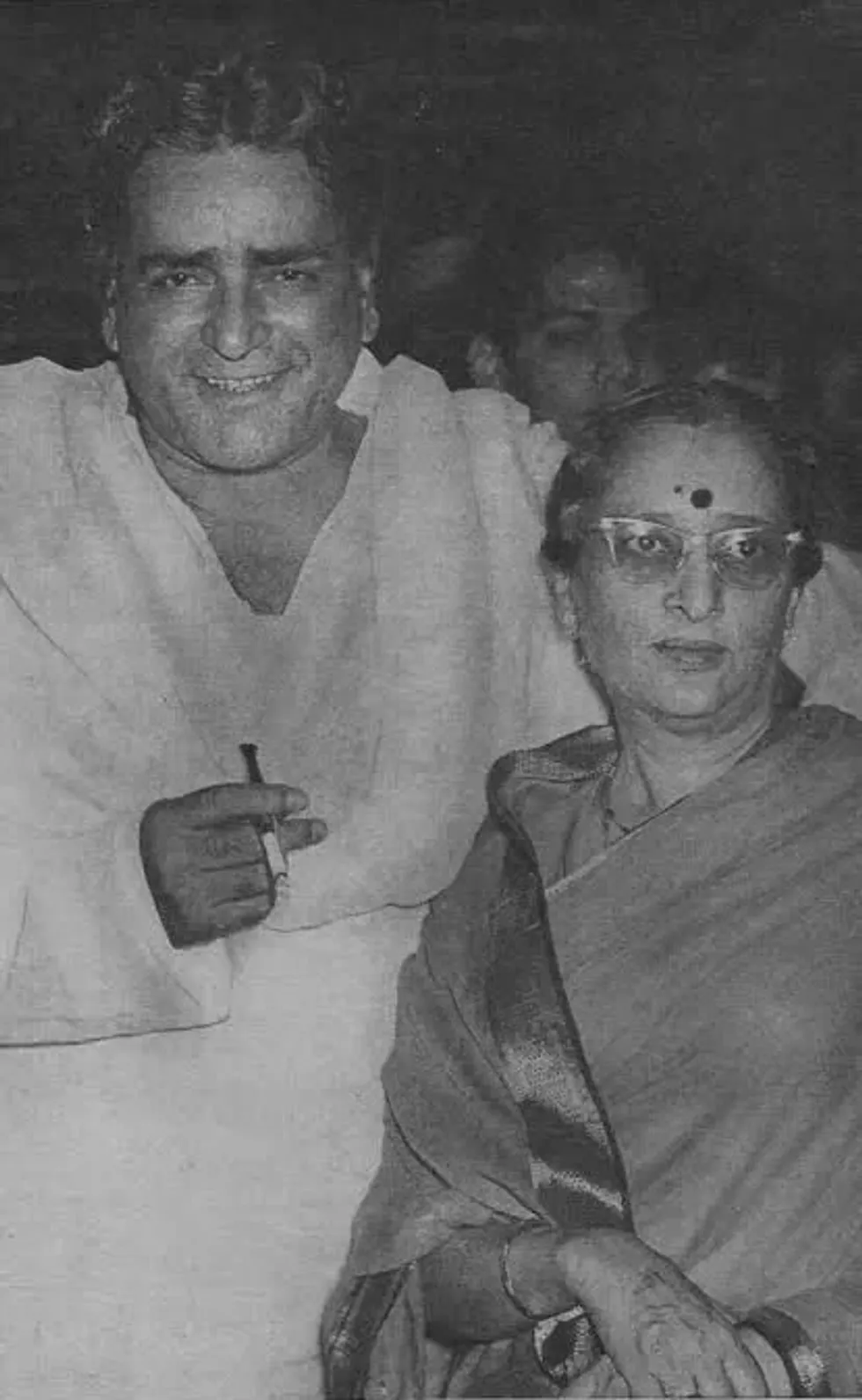 Prithviraj Kapoor and Ramsarni Mehra Reddit/ BollyBlindsNGossip
Prithviraj Kapoor and Ramsarni Mehra Reddit/ BollyBlindsNGossip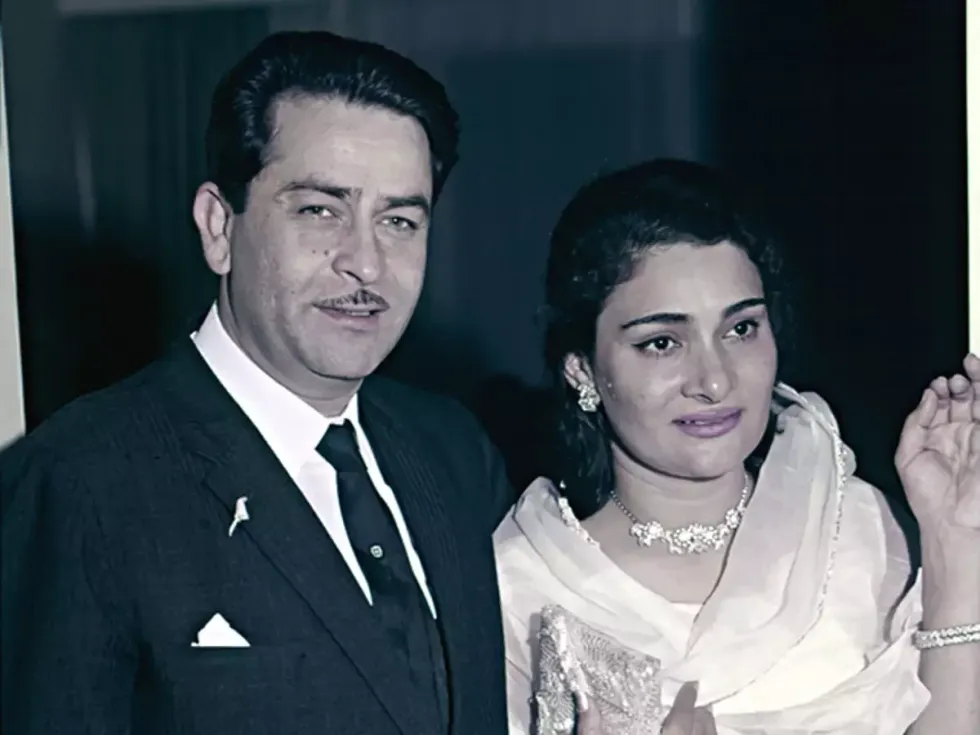 Raj Kapoor and Krishna MalhotraABP
Raj Kapoor and Krishna MalhotraABP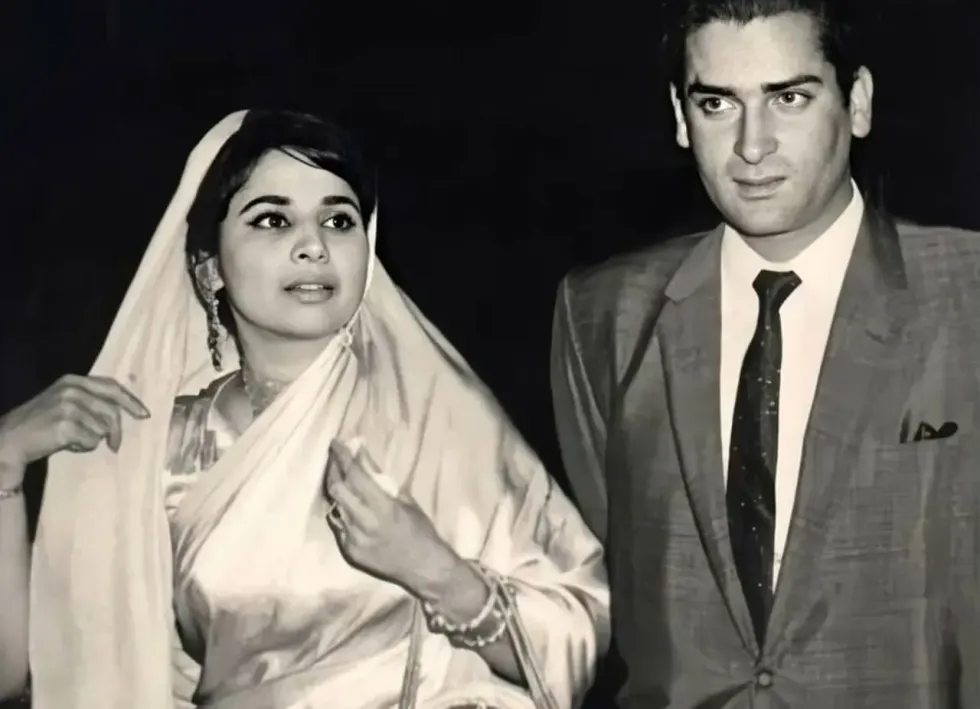 Geeta Bali and Shammi Kapoorapnaorg.com
Geeta Bali and Shammi Kapoorapnaorg.com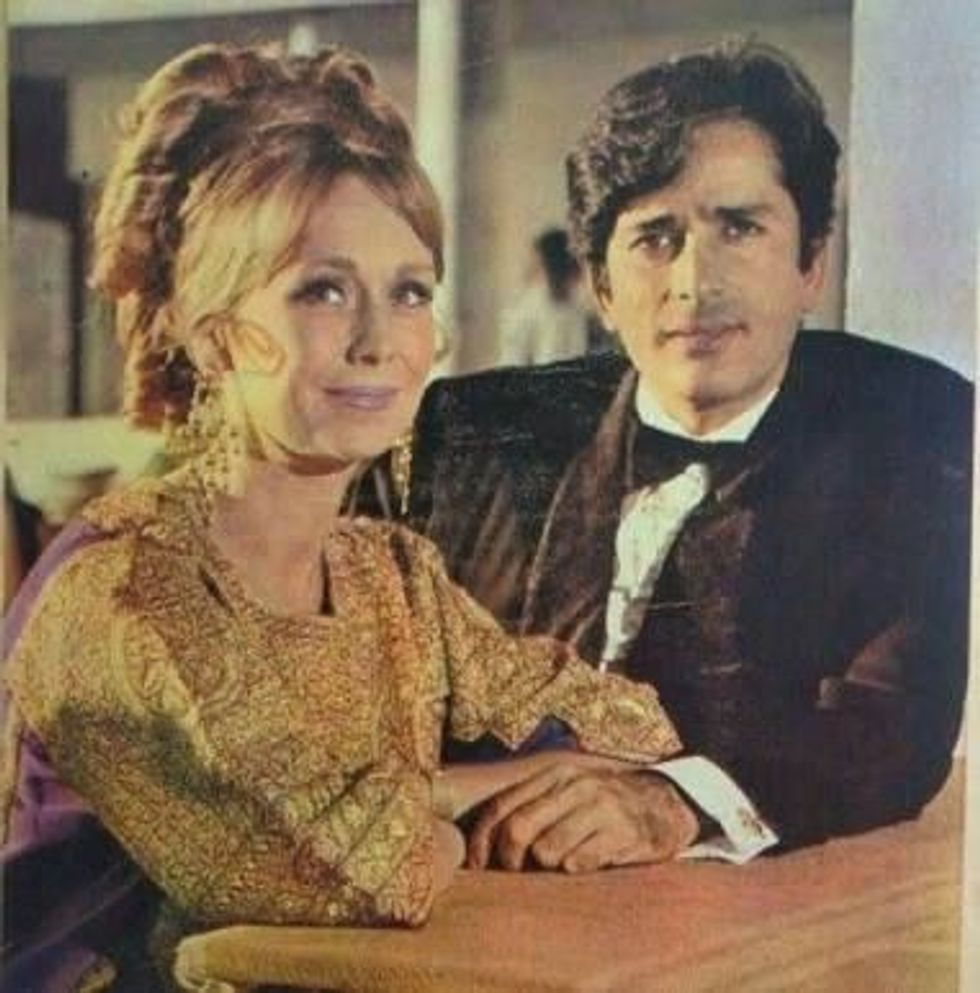 Jennifer Kendal and Shashi KapoorBollywoodShaadis
Jennifer Kendal and Shashi KapoorBollywoodShaadis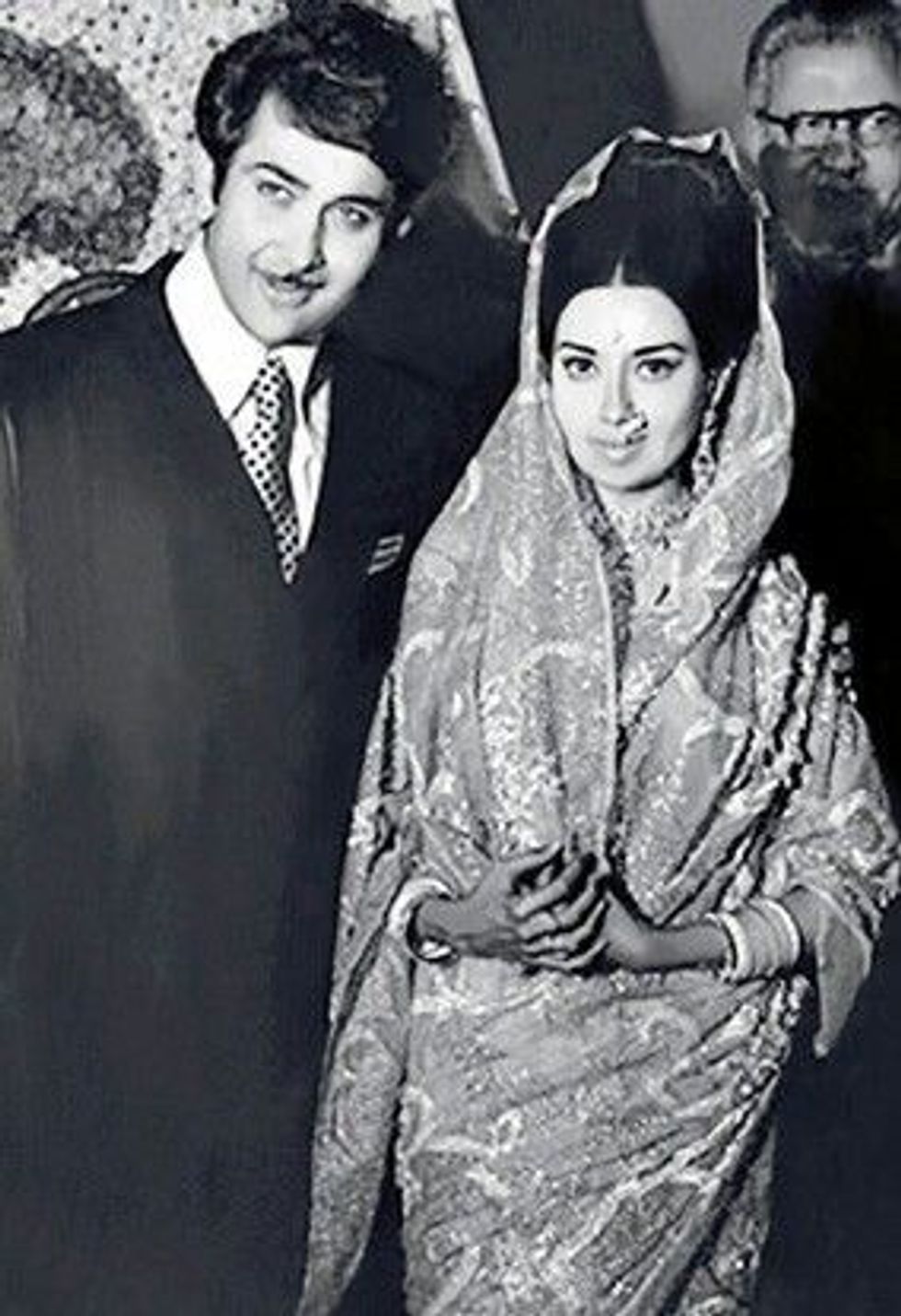 Randhir Kapoor and Babita BollywoodShaadis
Randhir Kapoor and Babita BollywoodShaadis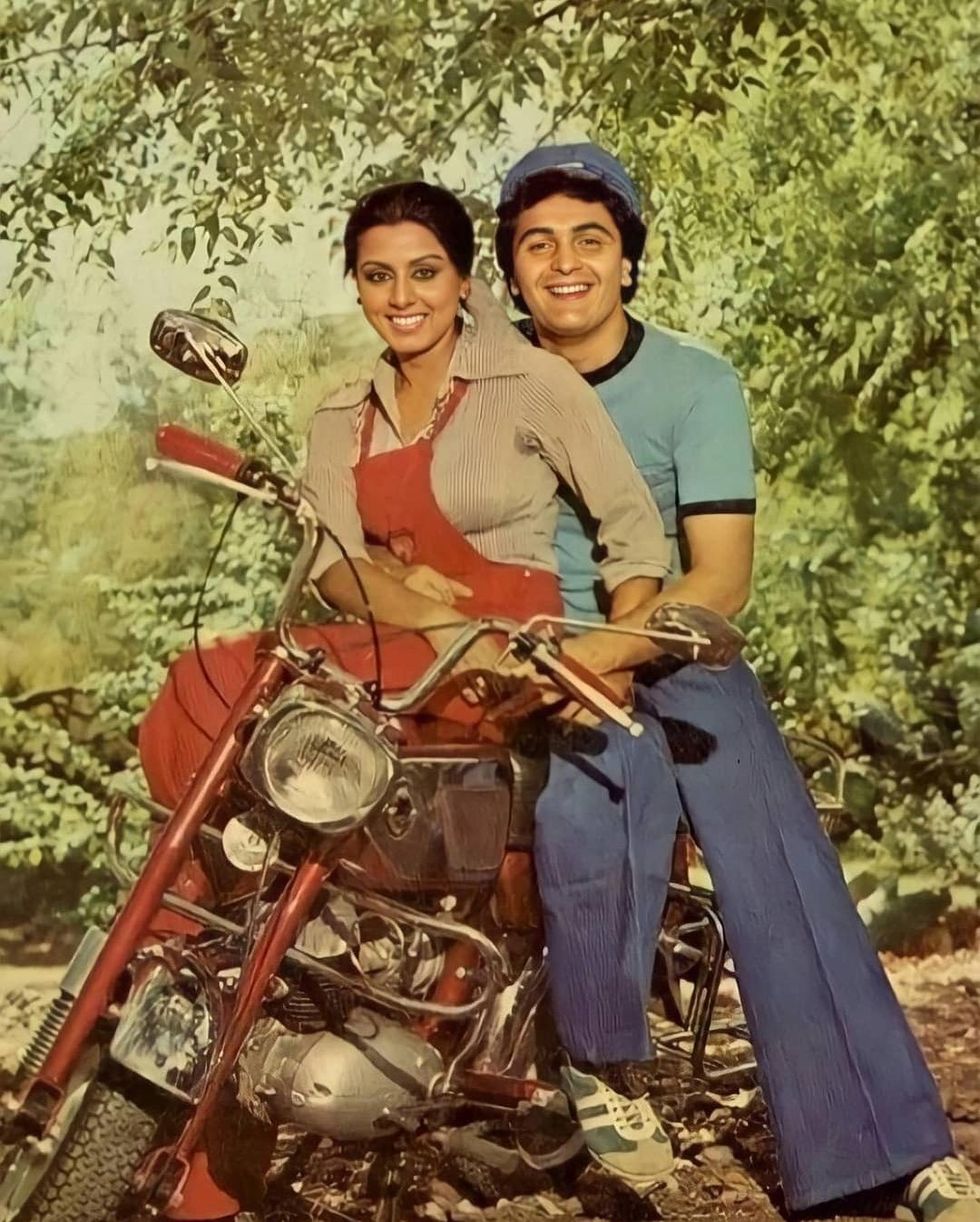 Neetu Singh and Rishi KapoorNews18
Neetu Singh and Rishi KapoorNews18 Rajiv Kapoor and Aarti Sabharwal Times Now Navbharat
Rajiv Kapoor and Aarti Sabharwal Times Now Navbharat Alia Bhatt and Ranbir KapooInstagram/ aliaabhatt
Alia Bhatt and Ranbir KapooInstagram/ aliaabhatt Sunjay Kapur and Karisma KapoorMoney Control
Sunjay Kapur and Karisma KapoorMoney Control